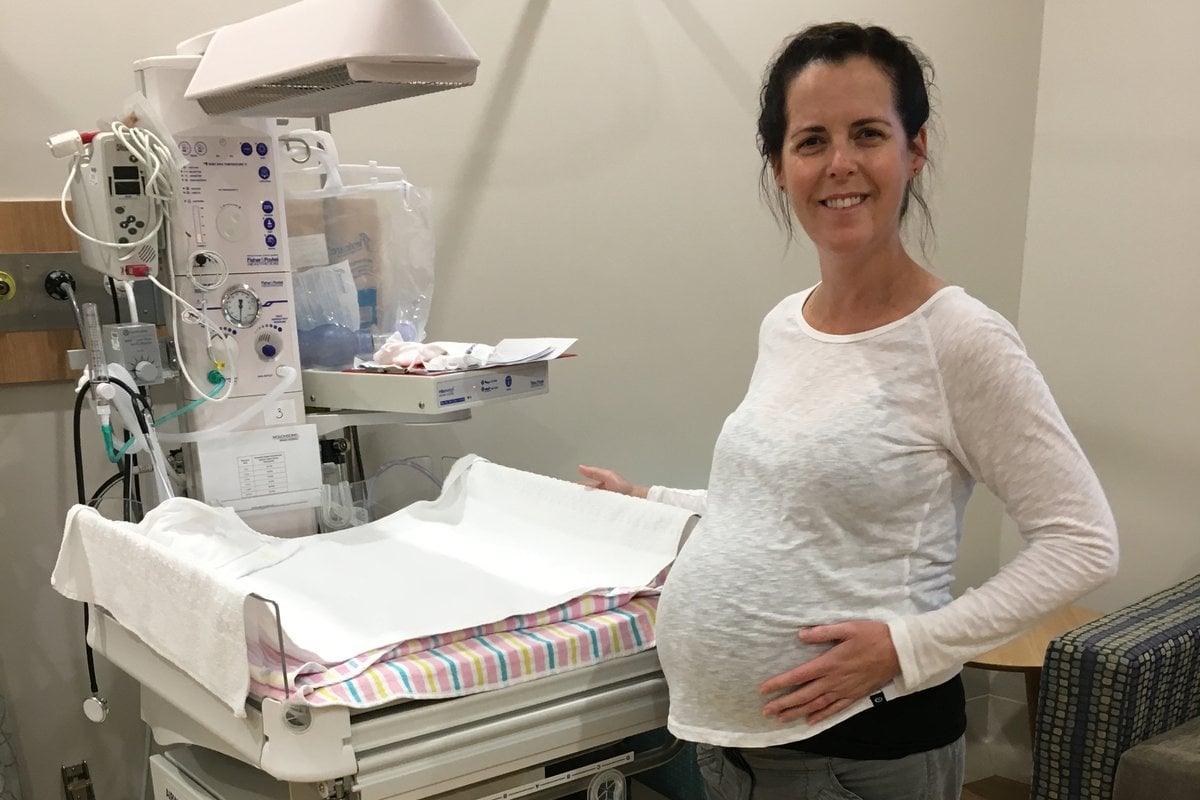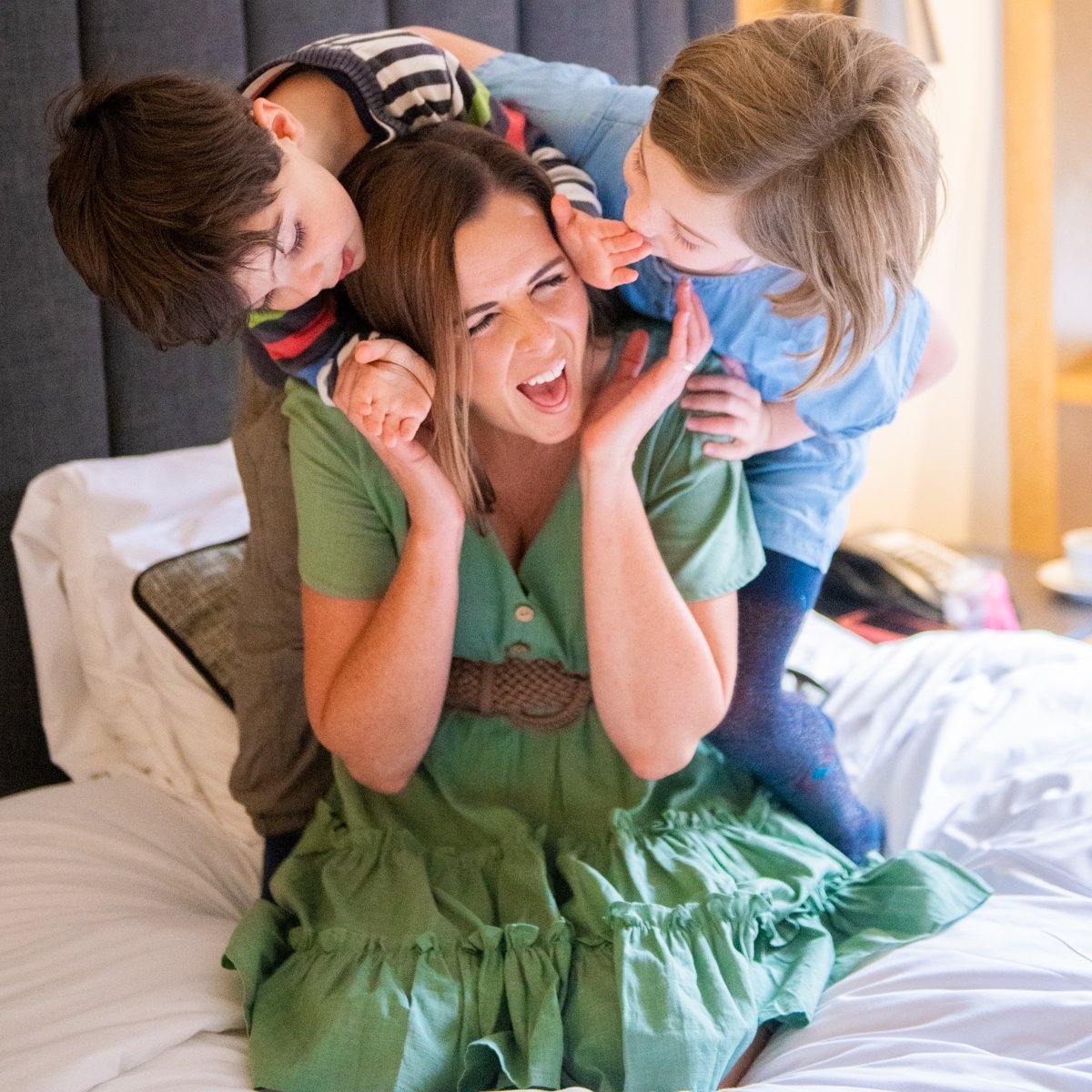
Motherhood is a transformative journey filled with love, joy, and dreams for the future. But for some, myself included, this path may also come with unexpected challenges, leaving emotional and physical scars that reshape us at our core.
Eight years ago, as I cradled my newborn in my arms, little did I know that my journey into motherhood would take an unforeseen turn.
After enduring a traumatic birth experience, I was diagnosed with a significant three-compartment pelvic organ prolapse (POP), a condition where the organs of the pelvic region can no longer stay in place. The initial diagnosis was devastating, and it left me feeling overwhelmed, lost, and questioning my identity as a woman and a mother.
I went into the delivery room a 35-year-old, fit triathlete, super organised, and thought I had done all the right preparation to bring my baby girl into this world - and I came out an empty shell. I had no clue what had just happened and what was about to come in the following months and years of physical, mental, and emotional recovery that is still ongoing.
Watch: Birth trauma and the impact on women's health. Post continues below.
The aftermath of birth trauma and living with pelvic organ prolapse can be a labyrinth of emotions and physical challenges. The physical pain was indescribable, and every movement reminded me of my body's vulnerability.





























































































